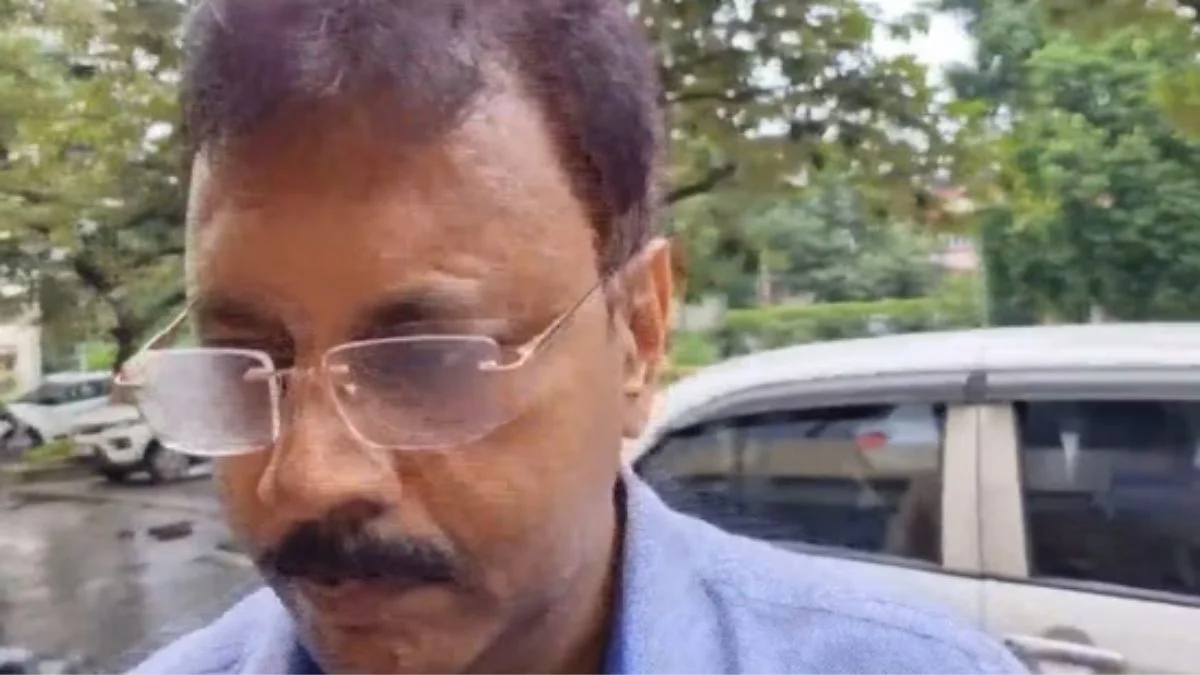The Central Bureau of Investigation (CBI) has received permission from a special court in Kolkata to conduct a polygraph test on Sandip Ghosh, the former principal of RG Kar Medical College, along with four other doctors. This test is part of the ongoing investigation into the rape and murder of a postgraduate trainee at the hospital.
The CBI had requested court approval to administer the polygraph test, which is also known as a lie detector test. The special court granted this request. For a polygraph test to proceed, both the court’s authorization and the consent of the individuals being tested are required. The agency has also requested to conduct a polygraph test on the primary suspect, Sanjay Roy.
What Happens During a Polygraph Test?
In a polygraph test, the individual being tested is connected to a machine that monitors physiological responses, including heart rate, blood pressure, respiration, and skin conductivity. The examiner asks a series of questions, both relevant and irrelevant to the investigation, to establish baseline readings. The examiner then observes any changes in these physiological markers when the individual answers the key questions related to the case.
The idea behind the polygraph test is that deceptive answers may cause noticeable changes in these physiological responses, indicating stress or anxiety associated with lying. However, polygraph results are often debated and are not always admissible in court, as they can be influenced by factors such as the individual’s mental state or health.
The CBI began investigating the case on August 14 after the Calcutta High Court transferred the investigation from the Kolkata Police. On Thursday, August 22, the CBI informed the Supreme Court that there had been an attempt by local police to conceal evidence by tampering with the crime scene before the CBI took over the case.


